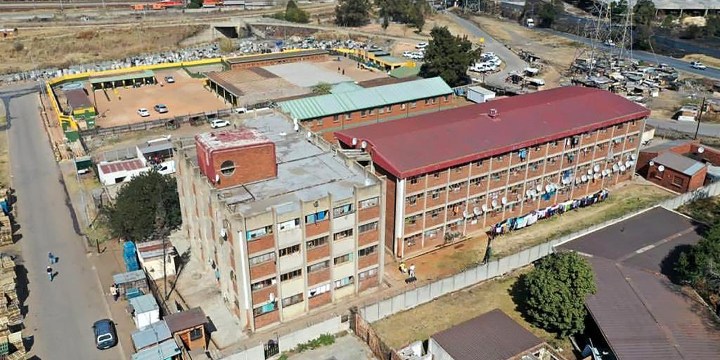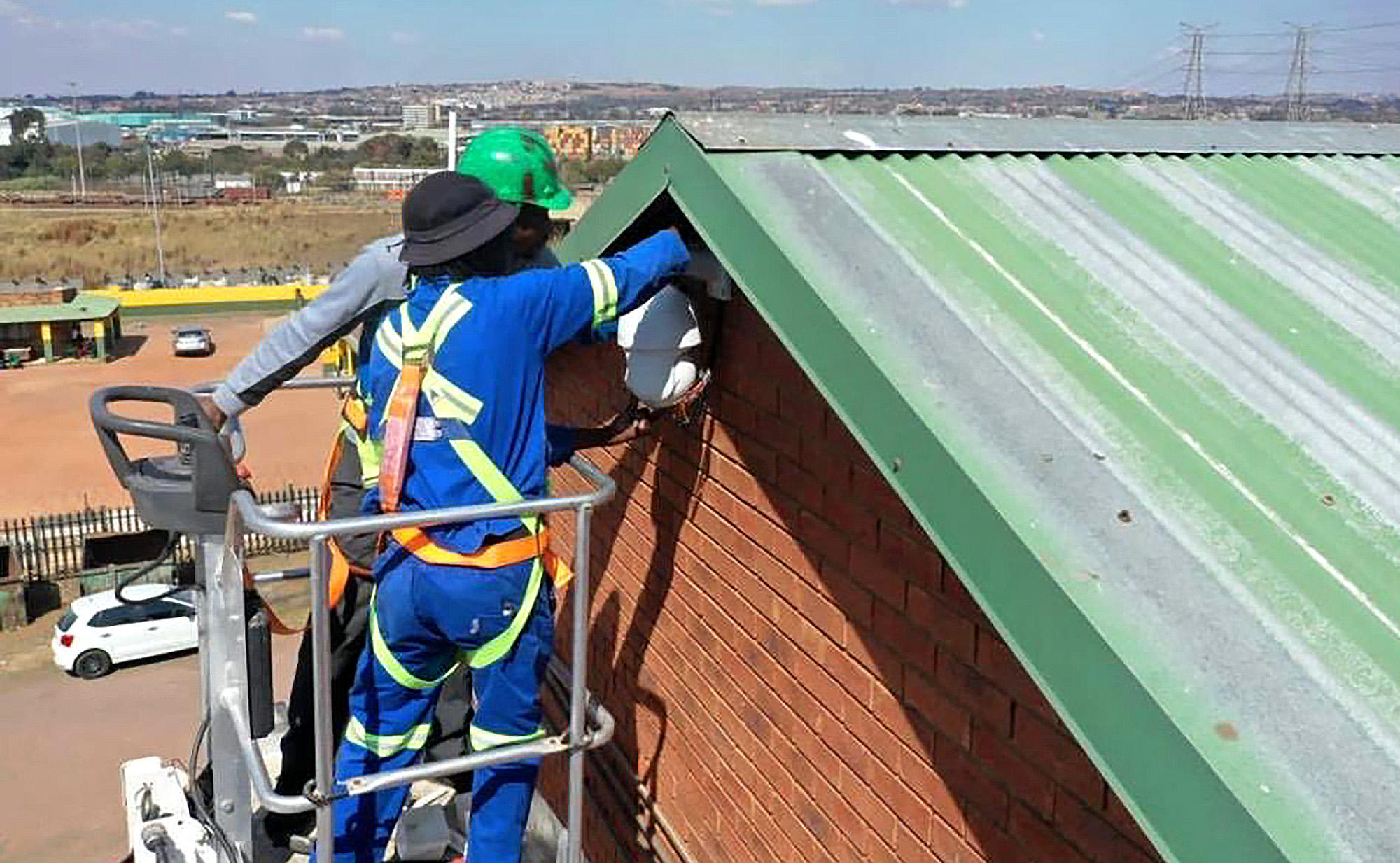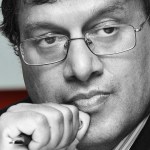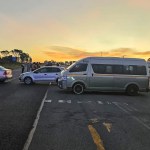PRIVACY FEARS
Joburg hostels and townships coming under surveillance by facial recognition cameras and drones

Gauteng Premier Panyaza Lesufi has announced the installation of CCTV cameras in George Goch Hostel in Johannesburg as part of a safe city initiative that will see cameras and drones deployed in hostels, townships and informal settlements.
The growing use of surveillance cameras with potent artificial intelligence has long been met with privacy concerns. Community leaders say this is a double-edged sword — while they want crime to be curbed in their communities, they don’t want to lose their right to privacy.
On Saturday, 12 August, Gauteng Premier Panyaza Lesufi said on Twitter: “George Goch Hostel, you are now under our watchful eye of our face recognition quality CCTVs. A safer Gauteng is taking shape. We will install these cameras in major strategic areas in our townships, informal settlements, and hostels. Crime will fall in GP as we #GrowGautengTogether.”
The province plans to install hundreds of cameras in the six hostels run by the province and to fly drone cameras over informal settlements, which has been piloted in Diepsloot. The cameras will feed into a video management system, in partnership with private security companies.

Workers install surveillance equipment outside George Goch Hostel in Gauteng. (Photo: Twitter / @Lesufi)
Bishop Simphiwe Duma, a community leader and resident at George Goch Hostel, says, “Crime is rife here, killings and hijackings happen frequently and the culprits are never found; we hope this will help with that. As much as our privacy will be disturbed, what is important is the intention, which we hope is to help fight crime — people’s safety and lives are what is important. We are willing to use any way that can be a solution to this problem.”
Duma said the cameras can only work if police are also deployed in the area to deter crime as the hostels are plagued by muggings and criminal groups that fight and kill each other.
“We hope they can put even a container here, and have police close to us so people know they can’t just do as they please, and the police respond fast when called,” Duma said.
Facial recognition
The facial recognition system is used by law enforcement agencies to identify criminals and other people who are wanted by the authorities. The use of facial recognition by the government could lead to an increased risk of civil liberties violations and unlawful surveillance. The US has used facial recognition technologies to monitor protests. This can be a concern for activists in organisations such as Abahlali baseFreedom Park who often use protests to draw attention to service delivery, sanitation and housing issues.
The leader of Abahlali baseFreedom Park, Peter Monethe, says he hopes the technology will not be misused.
“Based on the current developments in Freedom Park, we have been hearing of shootings almost every day. I don’t know if it is organised crime, so having cameras can help, but we are careful of the kind of police stations we have here.
“An activist once spoke out in a meeting and had his tyres slashed at a fuel station that had CCTV cameras. The victim went to the police station and was told they will not go into Tjovitjo as it is dangerous. So if it will be the same people who we report to, these cameras will not help at all,” Monethe said.
‘No specific privacy protections’
In a recent article, privacy law specialists Bregman Moodley say complaints about invasion of privacy in residential areas are not specifically protected in law.
“Our Constitution gives a citizen the broad right to privacy. However, there is nothing illegal, per se, about home surveillance in South Africa. South Africa’s Protection of Personal Information Act, which seeks to regulate the processing of personal information, does not apply to purely household or personal activity.”
Lesufi’s spokesperson Sizwe Pamla also noted the lack of regulations around this emerging technology, but said people’s privacy and dignity would be protected.
“There are many strategies we are employing with the use of technology and public-private partnerships — these are not new. For instance, American police have body cameras which not only deter crime, but hold the police accountable.
Regulatory framework
“There is a regulatory framework that is in the works that has to be introduced. There is also the issue of consultation, an engagement process with communities because we want people to have an appreciation of why this is done.
“The issue of face recognition cameras and body surveillance cameras has to be regulated and it will be regulated. We are looking at work in South Africa, we are looking at legislation that is in place, so we can see if we need new regulations or to amend.
“We are looking at regulations from democratic countries that are already using these technologies to see what will work for the country,” Pamla said.
In the US there is an ongoing privacy debate over cameras, including the fact that facial recognition cameras can’t always tell black people apart due to the artificial intelligence being trained using mostly white male faces, which can lead to false arrests and racial profiling. The technology can open one to identity theft and can result in citizens being tracked, which infringes on the right to locational privacy and protection of personal information.
As developing countries have access to more of this technology, more debates and education are necessary on what their rights are in protecting their likeness from being identified, captured, stored and analysed. DM
Naledi Sikhakhane is a journalist researching digital surveillance, with support from the Media Policy and Democracy Project run by the University of Johannesburg’s Department of Communication and Media.

















“Those prepared to sacrifice freedom in the name of safety deserve neither.” The problem is not facial recognition tech. The problem is policing. This is not a tech to aid citizens. It is a tech to control them. Fix policing and the need for this tech falls away.